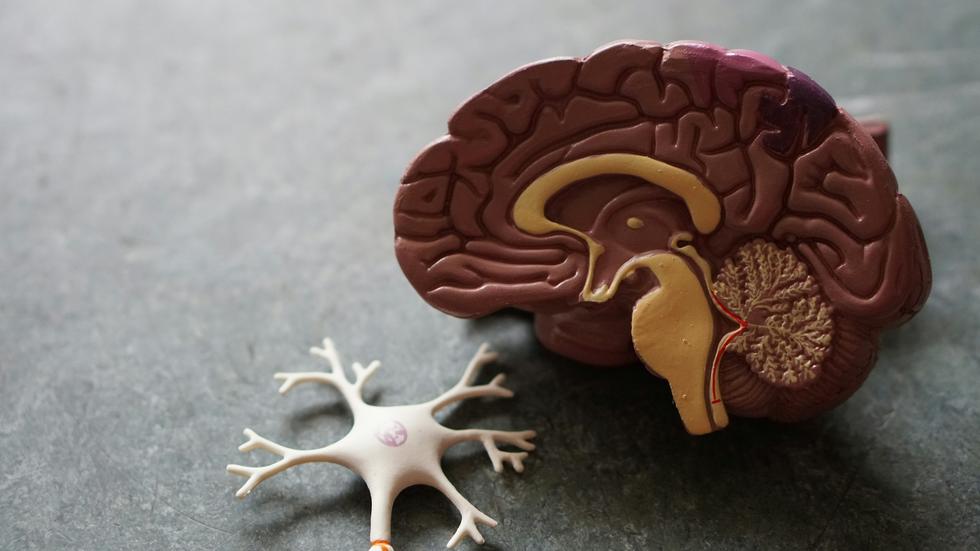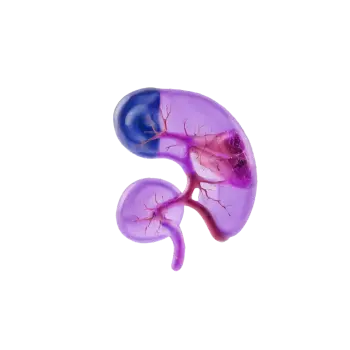Quick version
The brain's energy needs - this is where creatine comes into play
Creatine plays a crucial role in the brain's energy balance. When creatine is converted to phosphocreatine, it acts as a rapid energy reserve and helps brain cells regenerate ATP, especially during high mental stress. Studies show that creatine can counteract mental fatigue and improve performance in cases of, for example, sleep deprivation or stress.
Cognition, memory and protection against brain damage
Research shows that the use of creatine supplements can improve memory, attention and information processing. A meta-analysis of 16 studies found that creatine significantly improved short-term and working memory as well as visual attention. The effects were most evident in people with impaired brain function, vegetarians, women and people under high stress. Creatine appears to be most effective when the brain is under extra strain or has low starting levels.
Creatine has been shown to protect nerve cells in brain injuries such as traumatic brain injury (TBI), where creatine supplementation has reduced post-traumatic amnesia and improved recovery.
Creatine and its impact on our mental health
Creatine has shown promising results in depression, mainly as an adjunct to antidepressant treatment. In a study with women who received SSRI + creatine, faster and stronger improvement in symptoms was seen. Similar effects have been observed in teenage girls. Creatine is believed to strengthen the brain's energy metabolism and thus enhance the antidepressant effect. However, the evidence for effects on anxiety disorders is still insufficient, although some smaller studies and case reports have suggested improvement, larger clinical trials are still lacking.
How to monitor the use of creatine supplements
If you are taking creatine supplements and want to ensure that you are using them safely and effectively, the following tests may be valuable:
- S-Creatine / U-Creatine: These markers are affected by creatine supplements but are mainly used to assess kidney function. Elevated values can occur without causing harm.
- Cystatin C (CysC): This marker is a better measure of kidney function when using creatine, as it is not affected by muscle mass or creatine supplements.
- eGFR (estimated GFR): The marker assesses the filtration capacity of the kidneys. It is advisable to combine with Cystatin C when using creatine.
- Self-monitoring: Keep track of your energy levels, your sleep, recovery and any side effects. Stomach upset and weight gain are the most commonly reported side effects.
























